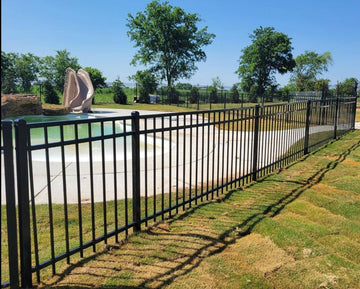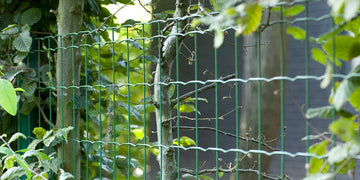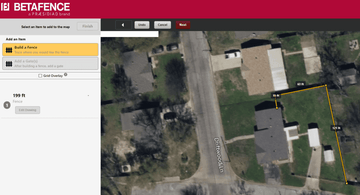Selecting a Fence Type
Fencing comes in a variety of materials and styles such as steel, aluminum, vinyl, and wood. These materials have different applications, durability and price points, but the most obvious difference is their look.
You will likely be driven towards a fencing material and style that is popular or even required where you live and based on the environmental conditions for that area. For example, some homeowner associations (HOA’s) have guidelines dictating the type and color of fence that homeowners can install. Here’s a quick overview of the primary fencing materials available today:
Steel Fences
Steel Fences are the heaviest but most durable fencing available. Modern steel fences trace their roots to wrought iron steel fences from the 1700’s and 1800’s. Wrought iron fences were custom fabricated in Europe and the US out of solid steel. They featured ornate decorations, were extremely expensive, and there are very few fabricators of this type of fencing today. The modern version of wrought iron is known as ornamental steel fencing. You’ve likely seen it in your neighborhood, around your child’s playground, or surrounding a local public storage. Today’s fences feature hollow pickets and rails to reduce the weight, but utilize hot-rolled steel, zinc galvanization, and powder coat finishes to provide the most robust fence to endure the elements and time.
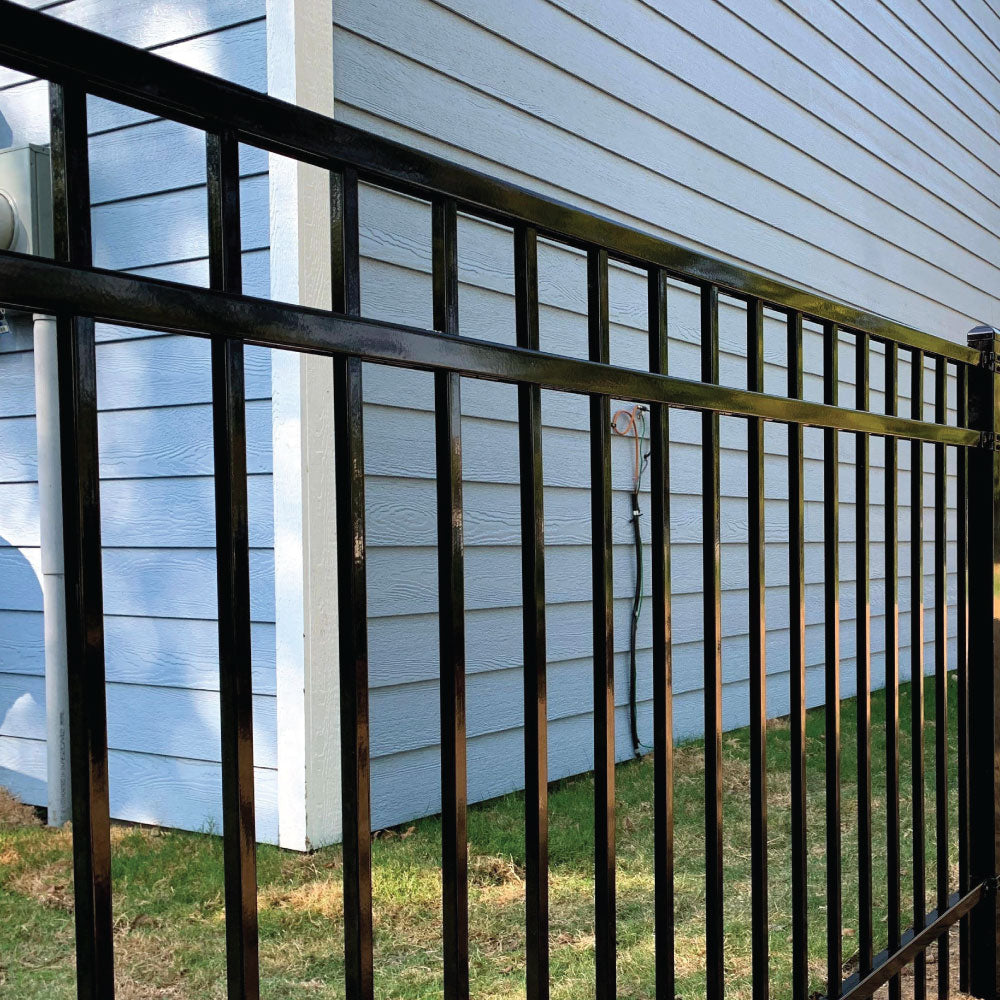
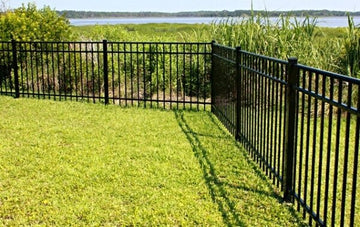
Aluminum Fences
Just like modern ornamental steel fence, ornamental aluminum fencing takes its design cue from historic wrought iron fencing. It’s a much lighter weight product when compared to ornamental steel fences and the properties of aluminum make it great at red rust corrosion. Aluminum fences are popular near sea water where salty air attacks steel fencing, but it doesn’t provide the same strength and durability to steel.
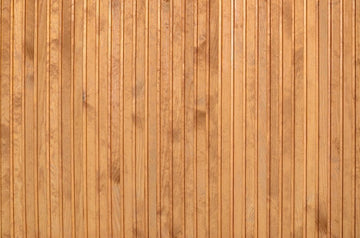
Wood Fences
Fences made of wood have existed since fences were invented! Picket fences and split-rail fences are two common types of wood fencing you’re probably used to seeing in your neighborhood or on a ranch. A wood fence provides a timeless and classic look, but it won’t stand up to the elements over time like fence made of metal or vinyl. Wood fences require a considerable amount of maintenance to keep them clean and their paint or stain fresh.
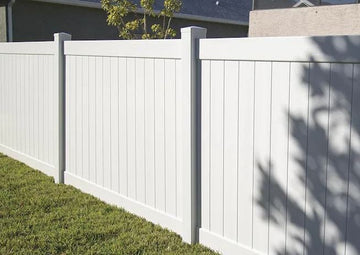
Vinyl Fences
Vinyl fences have become popular in recent decades as a durable replacement to wood fence. These fences can provide the “white picket fence” visual with minimal maintenance. However, some would argue that this also cheapens their appeal. They come in a variety of colors and styles to suit your needs.
Wire Fences
Wire fence rolls are used in a variety of applications. They can be used to protect your garden, indicate property boundaries, or in agricultural settings to keep livestock secure. They can be connected to metal T-posts or wooden posts with simple clips. Most wire fence rolls use thinner 16 gauge wires and are typically not coated. This provides a very low cost solution, but one that can frequently wear our and corrode. Higher quality versions are typically made of 12 gauge wire, are galvanized, and finished with a PVC coating
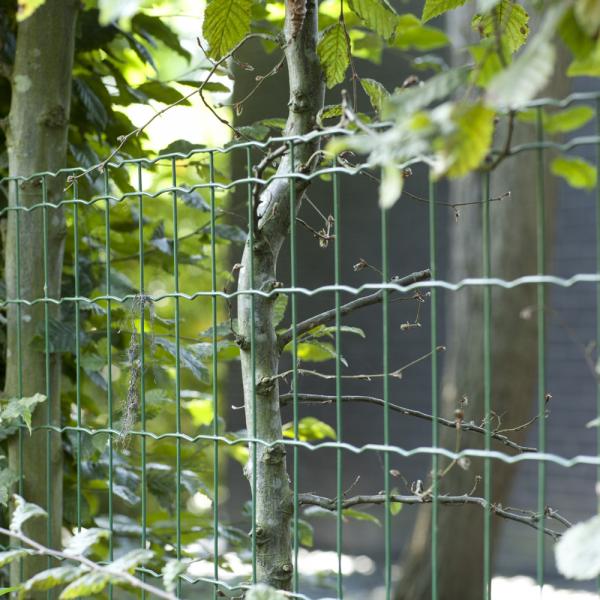
Try our online Fence quoting tool today
DRAW IT & QUOTE IT
Get your fence quote in seconds using our user friendly fence drawing and quoting tool.
